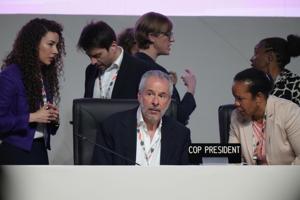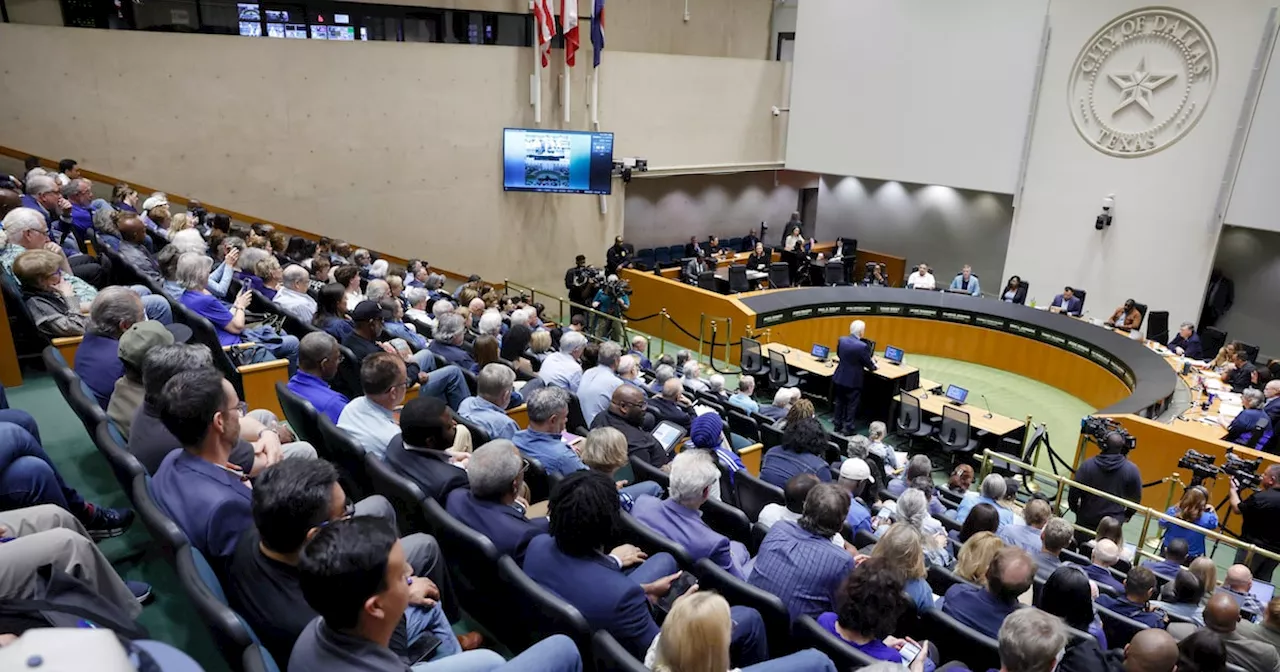
The recent United Nations climate talks held in Brazil culminated in an agreement aimed at increasing financial support for countries most impacted by climate change. This development seeks to bolster efforts for adaptation to the severe weather patterns that are becoming increasingly common due to global warming. However, the agreement, reached on December 9, 2023, notably lacks a specific plan addressing the role of fossil fuels in driving climate change.
Financial Support for Vulnerable Nations
The agreement commits to enhancing funding mechanisms for nations facing the brunt of climate disruptions. According to the UN, the focus will be on delivering necessary resources to assist these countries in adapting to extreme weather events, which include floods, droughts, and hurricanes. The financial increase aims to address the urgent needs of nations struggling with the adverse effects of climate change.
Despite the positive strides in funding, the absence of a clear strategy regarding fossil fuels remains a significant point of concern. Environmental advocates and some participating nations expressed disappointment that the agreement did not include a comprehensive plan to phase out fossil fuel reliance. They argue that without a clear direction on reducing fossil fuel consumption, the fight against climate change will face significant challenges.
The talks, part of the annual Conference of the Parties (COP), brought together representatives from around the globe to discuss measures to tackle climate change. While the financial commitments are a step forward, critics highlight that the lack of a concrete fossil fuel strategy undermines the overall effectiveness of the agreement.
Global Response and Future Implications
The reaction to the agreement has been mixed. Some leaders hailed the increased funding as a necessary acknowledgment of the challenges faced by vulnerable nations. Others, including representatives from various environmental organizations, emphasized the need for urgent action on fossil fuels to ensure long-term sustainability.
As countries prepare to implement the agreement, the focus will now shift to how these financial resources will be allocated and utilized. The effectiveness of this funding will depend on transparent processes and accountability measures that ensure the funds reach those most affected by climate change.
Looking ahead, the UN will need to address the concerns surrounding fossil fuel dependency in future negotiations. The ongoing impacts of climate change continue to pose significant risks, and without a robust plan to transition away from fossil fuels, the goals set forth in this agreement may not be sufficient to mitigate the impending climate crisis.
In conclusion, while the agreement from the UN climate talks in Brazil marks an important step in securing funding for nations affected by climate change, the absence of a clear fossil fuel strategy raises critical questions about the commitment to truly combat climate change. The global community will need to maintain pressure for comprehensive policies that not only support adaptation but also address the root causes of climate change.







